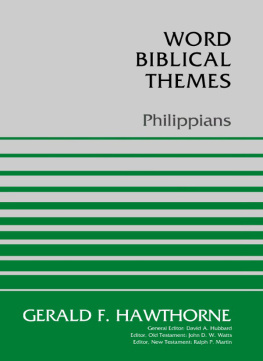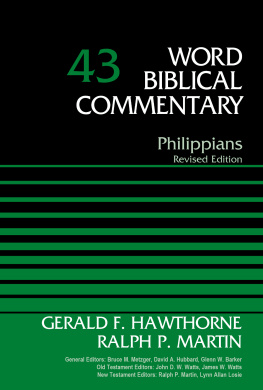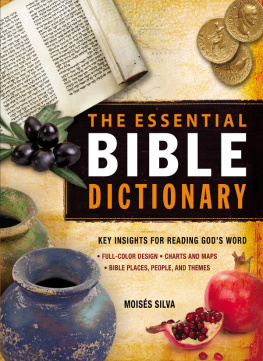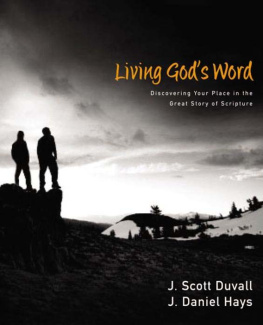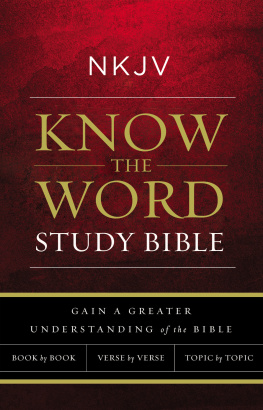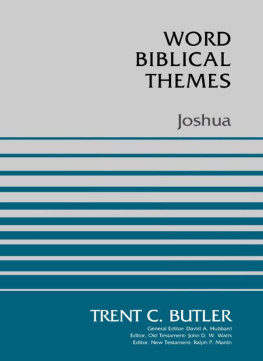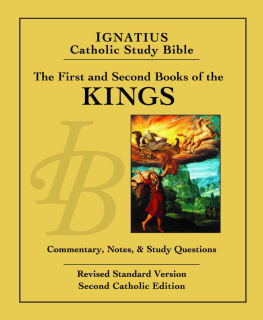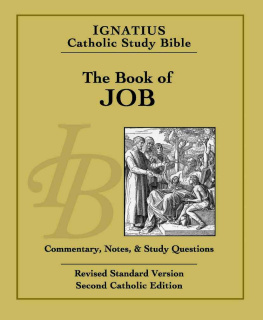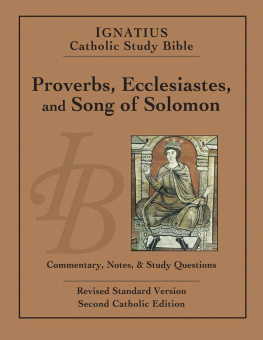ZONDERVAN ACADEMIC
Philippians
Copyright 1987 by Word, Incorporated
Requests for information should be addressed to:
Zondervan, 3900 Sparks Dr. SE, Grand Rapids, Michigan 49546
ePub Edition June 2020: ISBN 978-0-310-11568-7
Library of Congress Cataloging-in-Publication Data
Hawthorne, Gerald F.
Philippians: Gerald F. Hawthorne.
p. cm.
Includes index.
ISBN 978-0-849-90580-3
1. Bible N.T. PhilippiansCriticism, interpretation, etc. I. Philippians II. Word Biblical Themes
BS2705.2.H39 1987
227.606
87-81771
Quotations from the holy Scriptures in this volume are the authors own translation from the original languages unless otherwise identify. Scripture quotations marked PHILLIPS are from The New Testament in Modern English by J. B. Phillips. Copyright 1960, 1972 J. B. Phillips. Administered by the Archbishops Council of the Church of England. Used by permission.
Any internet addresses (websites, blogs, etc.) and telephone numbers in this book are offered as a resource. They are not intended in any way to be or imply an endorsement by Zondervan, nor does Zondervan vouch for the content of these sites and numbers for the life of this book.
No part of this publication may be reproduced, stored in a retrieval system, or transmitted in any form or by any meanselectronic, mechanical, photocopy, recording, or any otherexcept for brief quotations in printed reviews, without the prior permission of the publisher.
20 21 22 23 24 25 26 27 28 29 30 / LSC / 15 14 13 12 11 10 9 8 7 6 5 4 3 2 1
To all my friends at
Bethany Chapel, Wheaton
Ho theos eulogoi pantos hymn
It is a distinct pleasure to introduce Gerald Hawthornes study of theological themes from Philippians. Conceived as a companion book to the authors larger and more technical commentary on the epistle in the Word Biblical Commentary series, it buildsas one might expecton a solid foundation of careful and comprehensive exegetical work. Yet it is no mere precis or reworking of the earlier commentary.
That commentary which has received a bevy of laudatory and appreciative reviews was designed to appeal to the scholar, the student, and the seminarian in the classroom. Here is a valuable distillation of the chief themes of Pauls joyful letter. It is designed for the busy pastor, the Sunday school teacher, and the layperson who wants an overview, in personal and practical terms and expressed in understandable language, of what this letter says to todays church and world.
Dr. Hawthorne is to be congratulated on achieving a fine balance. The exegetical discussions are largely taken for grantedand interested readers may go back to the Commentary for details; the applications of Pauls letter are clear and pertinent. Many a sermon will surely be sparked by this volume in what, it is hoped, will be a continuing series.
Fuller Theological Seminary | Ralph P. Martin |
| Pasadena, California |
| New Testament Editor | Word Biblical Commentary |
On the one hand, to be asked to do a study on the theological themes in Philippians is a very great honor, and I owe a debt of gratitude to Professor Ralph P. Martin for asking me to do this. On the other hand, to attempt to fulfill such a request is a humbling experience indeed. Who is capable of writing on such great themes as God, Christ, salvation, and so on?
When I began to bring together what Paul had to say in Philippians about God, plunging feverishly into the subject, I was arrested by the account of Stephens sermon in the Book of Acts. In rehearsing Israels history Stephen recounted how Moses saw a bush in flames without any signs of it being burned up, and how he brashly turned aside to examine it more closely (katanosai), until he heard a voice that caused him to tremble all overa voice that said, I am God..., and, in effect, Do you know where you are, or what you are doing? (Acts 7:31, 32).
Of a sudden I realized that I was quite like Moses on the occasion of the burning bushnot fully understanding where I was or what I was doing. For I was eagerly studying Pauls remarks about God, as though by close observation it would be possible to understand, to apprehend (katanosai) God, and thus be able to express him adequately. I was shattered by this flash of insight concerning my foolishness, and was forced to apologize to the Almighty for such thoughtless arrogance. This encounter stopped all my endeavors to proceed with my work, until I read on in Stephens sermon. The voice that caused Moses to tremble also commissioned him to trek on down to Egypt to do a work for God there. God is a gracious God, full of understanding, mercy, and forgiveness. He made me pause, to be sure, and to reflect, but then encouraged me to go on and finish.
I have done that now, not with any sense that all of the significant themes in Philippians have been dealt with, nor that those dealt with have been discussed adequately. But I send this volume on its way, confessing as I do so that I owe so much to so many people whose works I have read, and whose ideas have shaped my thinking. I am deeply grateful to each and every one, although they are too many to name. Most of these, however, have been identified in a larger work on Philippians that I had the privilege of writing (Philippians, Word Biblical Commentary, vol. 43, Word Books, 1983), and that book may be consulted for a full bibliography should one wish to have this information in hand.
I am also grateful to Jane and Lynn, and to Jack Levison, who helped me view these themes from different perspectives, and who forced me to express my ideas more clearly. Especially do I owe a debt of love to Bill and Judy Pollard, who, by honoring us in an ineffable way, gave us courage to continue to study, to think, and to write.
Gerald F.Hawthorne
Wheaton (Ill.) College
Philippi and the beginning of the church
This letter that bears the name, To the Philippians, was addressed to the church in Philippi. Philippi was then an important city in northeast Greece (Macedonia). The emperor Octavian made it a Roman colony, and gave to its citizens the rights and privileges of those born and living in Rome. According to the account in Acts the church in Philippi began in a small way: Paul, on his second missionary journey, left Asia Minor for Macedonia, came to Philippi, went outside the city to the riverside, found a Jewish place of prayer, preached the gospel, and Lydia, a prominent woman from that area, and a few others became Christians. The church apparently was first housed in Lydias home (Acts 16:940). In spite of its small beginnings, it nevertheless grew and became an active Christian community, taking an important part in evangelism (Phil 1:38), readily sharing its own material possessions (4:16), and generously sending one of its own people to assist Paul in his work and aid him while he was in prison (2:2530). Paul visited this church on at least three different occasions (Acts 16:12, his initial visit, and Acts 20:16, which refers to his two later visits; cf. also 2 Cor. 2:13) and found it to be an increasing delight to him (Phil 4:1).
Author, place, and date
No writer in ancient times and scarcely any today questions that Paul wrote the letter to the Philippians. But from where did he write it, and when? And is it one letter or several? On these questions there is a great divergence of opinion. Most scholars assume that Paul wrote Philippians from Rome. Others have suggested Corinth and Ephesus. A good case can also be made for Caesarea. But wherever Paul was when he wrote, it had to be a place where he was in prison, where there was a Roman praetorium (i.e. the emperors palace, or any provincial governors official residence, 1:12, 13), and where there were members of Caesars household (i.e. the royal entourage at the palace or the staff at a provincial capital, cf. 1:12, 13; 4:22). Hence, Rome (

